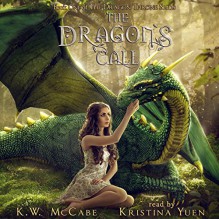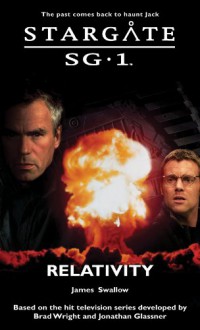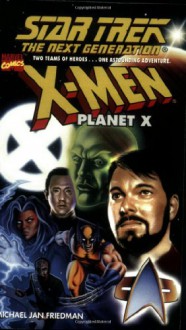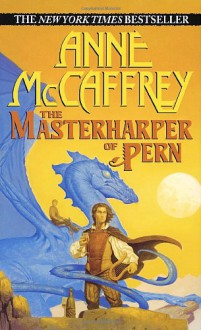One way for a writer to obtain reviews for a book is to agree to do reviews for other writers. The advice is that you need reviews in order to entice someone to buy your book, and also that very few readers will take the time to leave a review (no matter how nicely you ask!).
I’ve been involved in ‘review rounds’ organised by a group on Goodreads. Ten authors sign up, and the moderator ensures that there are no reciprocal reviews. You agree to read/review four books in return for four other people reading/reviewing yours.
Some of the review rounds have been in a specific genre. Others have been ‘open.’ So I’ve found myself reading historicals, romances, and even a children’s book along the way.
What I’ve discovered, now that I’ve been forced to read outside my preferred genres, is I don’t mind what the book is, so long as there is a character arc. Let the setting be in an alternative Japanese history, or an 18th century melodrama, or a small town in the 1970’s. If I find the characters engaging, if I can see (rather than be told) them change during the course of the tale, then I can take pleasure in a wide variety of settings.
Conversely, if the characters remain static for the course of the book, it doesn’t matter if the novel fits into my preferred reading material. I want to go on a (sometimes metaphorical) journey with the person I’m reading about. If I finish the last page and what s/he has been through hasn’t changed her/him in some way, then I find myself wondering why I’d bothered.
When I wrote my first two novels, my inspiration for character change was the singer/songwriter Dan Fogelberg. I had many of his CDs, and I was intrigued as to how his voice had changed during his career. My thought was, ‘I want Gonard’s voice to change during the course of his travels.’ Not literally, actually, but in the way he would go from cowering in front of humans to a willingness to challenge them.
For my next two novels, ‘The Dragon Throne’ and ‘The Unicorn Throne,’ I knew the beginning and the end point for the characters, so writing their arcs seemed to come easily. Forgiveness features across the story of both Fianna and the Prancer. Both of them act in foolish ways, because they’re young. Part of growing up is to realise that your parents make choices which they feel were for the best, even if you didn’t think so at the time. Both of the main characters learn from making their own mistakes that they can forgive their fathers for those mistakes which their fathers had made.
But those novels, and ‘The Judas Disciple’, were written to be more self contained than my new series. The first ‘Penny White’ has been published, I’m reaching finishing line on the second book, ‘The Cult of Unicorns’, and I have ideas for at least another three. So it’s a challenge to both provide some character development in each book, yet leave matters open ended for the next one. That might be why I loaded so much on Penny’s plate! For example, jer parents dying when she was a teenager, her husband drowning just a short while before the first book starts, an annoying younger brother for whom she is and yet is not a mother. And the traditional romantic triangle, although perhaps not entirely traditional as the sexy ‘bad boy’ is a dragon.
The other challenge is to seed things into earlier novels which can then become important later on. The main idea for the fourth novel, ‘The Vengeance of Snails’, came to me while I was just about to publish ‘The Temptation of Dragons.’ So I was able to add an important point to the description of Clyde’s parent before I released the book.
Perhaps part of the challenge for me, personally, is that I haven’t read too many book series. The ‘Harry Potter’ books, of course, but those were able to develop the characters because the series followed them growing up. As a teenager I loved ‘The Dragonriders of Pern’ series, but the author’s attitudes towards women and gays now disturb me. I liked the first few books of the ‘Temeraire’ series by Naomi Novik, but these have become less interesting as the series has progressed.
So I’ve been making notes, and plotting story arcs, and trying to leave clues in earlier books which will make sense later on. But there’s only so much I can think of in advance. Or as my favourite Doctor once said, ‘Even I can’t play this many games at once!’ (Ghostlight, 1989)


 Log in with Facebook
Log in with Facebook 

















